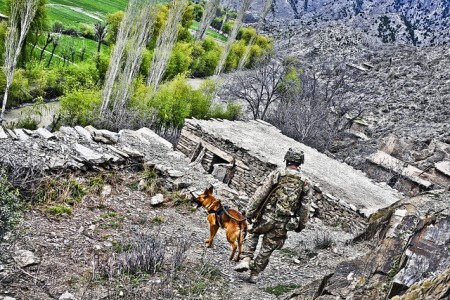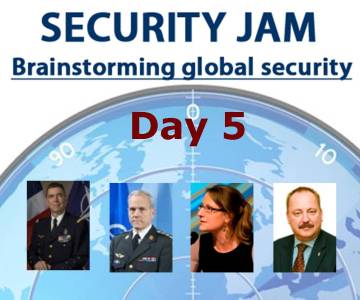
STOCKHOLM – On a recent visit to Afghanistan and Pakistan, I could not fail to notice the increasingly frequent international calls for an “endgame” in Afghanistan. But an endgame for that country is a dangerous illusion: the game will not end, and neither will history. The only thing that could come to an end is the world’s attention and engagement in Afghanistan, which could well lead to catastrophic consequences.
Much international focus is now on the year 2014, the target date for completion of the gradual transfer of responsibility for security from international forces to the Afghan government. This process is not without challenges, but there is no reason to believe that it could not be finalized more or less according to plan and the current timetable.
My belief is that there is another, far more critical challenge facing Afghanistan in 2014: the election of a new president. In a system where so much power – open and hidden, constitutional and traditional – is centered around the president, the election could well turn into an all-out battle for the country’s future.




